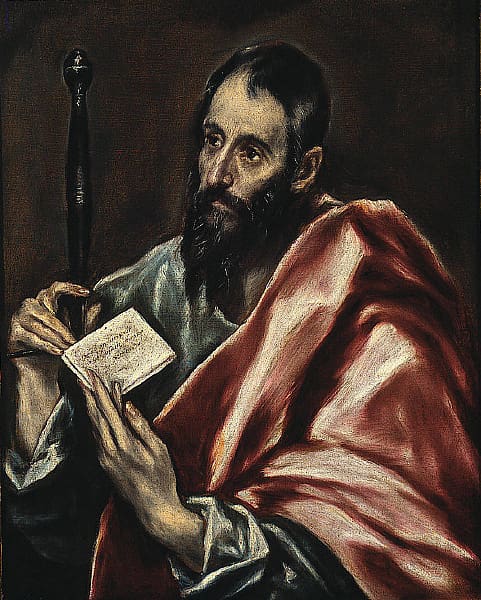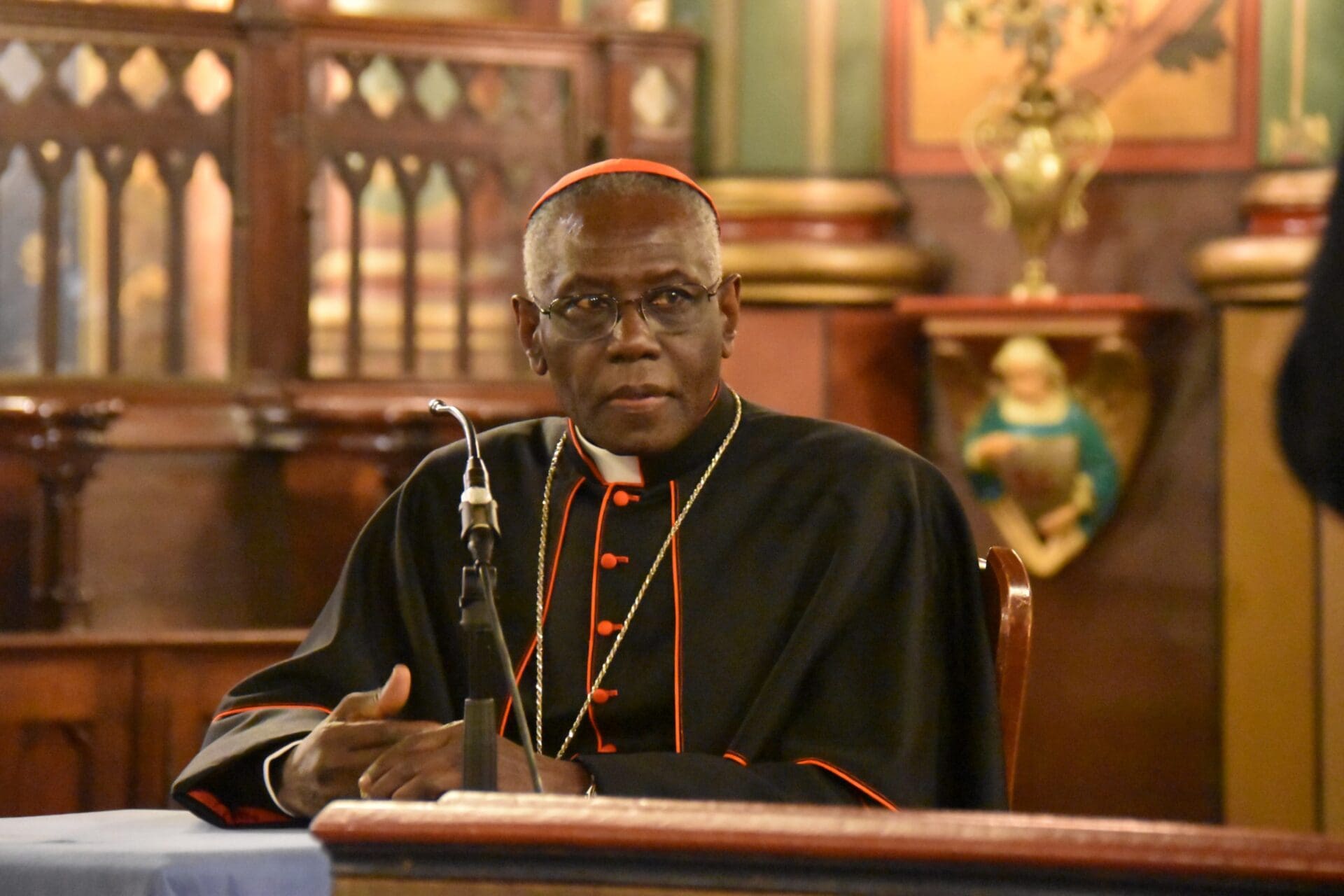Q: Are the different Gregorian Mass settings—Lux et Origo (Mass I) at Easter, Orbis Factor (Mass XI) on Sundays and Solemnities in Ordinary Time, or De Angelis (Mass VIII)—specific for a given liturgical day or season, or can any Mass setting be used at any time?
A: Many of the Mass Ordinaries found in the Kyriale Romanum have designations for use in specific seasons or on specific classes of feasts, but these are not obligatory, nor are we bound to use them only in the season for which they are recommended. These recommendations have a strong precedent in our tradition as well as in the typical editions, but these are not hard-and-fast designations.
It seems that of the reasons the Church has given these designations is to assist the faithful engaging more deeply in the unfolding of the liturgical year. After singing Missa Orbis Factor for a few years, it begins to “sound like” Ordinary Time. The same could be said of Lux et Origo during Eastertime, and Missa “Iubilate Deo” during the weekdays of Advent and Lent. I encourage parishes and choirs to take some time to learn these settings. Especially teach them to the young. They wear well over time and are worthy of a lifetime of singing.
singing. Also, don’t be discouraged about the Gregorian notation. Keep in mind that for the first thousand years, Christians have sung the Mass from memory and by rote before music notation was even invented! The regularity of the Mass Ordinary is part of the genius in the development of the liturgy. It may take months or years, but you can even memorize these and sing them like the early Christians. If the faithful are accustomed to hear these musical settings from their youth they would possess this expertise as a matter of habit.
Answered by Adam Bartlett Editor, Illuminare Publications

